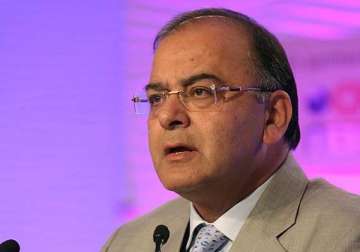New Delhi: Officials in finance ministry say the Centre and the states are close to seal a deal on a nation-wide Goods and Services Tax (GST). Direct cash transfer schemes and GST are two important elements of the economic reforms agenda of the Modi government. The government's last-minute attempt to salvage the deal forms part of effort to introduce the indirect tax reform from April 1, 2016.
Implementation of GST will merge several taxes levied by the state as well as central governments. GST is a value added tax (VAT) on both goods and services, as against the prevailing VAT on only goods. Implementation of GST will broaden the tax base, reduce distortions in the economy through a more comprehensive input tax credit and get rid of inter-state sales tax and having a destination-based tax, and help create a seamless national market. And an integrated market will benefit from free movement of goods, labour and capital without the restrictive barriers imposed by the state.
Earlier, the empowered committee (EC) of state finance ministers met to resolve the issue of Centre's plan to include taxes on petroleum products and municipal taxes in the GST. The states wanted compensation from the centre for five years for losses they may incur on account of switching to the GST regime. The centre, however, remained reluctant to agree to these conditions.
Even after the states and the Centre manage to sort out their issues and the Bill gets introduced in the current session, it may be referred to the standing committee on finance. The earliest opportunity for passage of the Bill is in the Budget session.
Latest Business News
